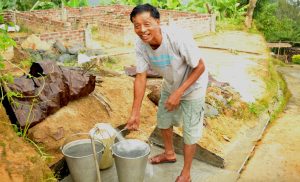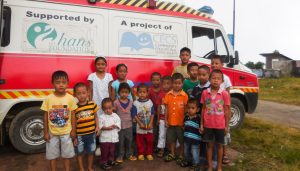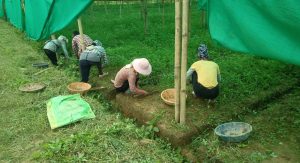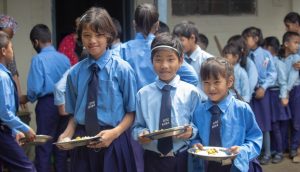Community Educational Centre Society (CECS) has launched a pilot project in Tuli, Mokokchung, through the support of NABARD. The program is designed to strengthen the livelihoods of rural households, especially in the Aopenzu area. This initiative combines pig rearing with crop farming, encouraging the cultivation of corn, yam/taro, azolla and tapioca, to promote a self-sustaining farming model. Focused on economic empowerment, this project aims to provide families with skills and resources to break cycles of financial insecurity and build a stable, resilient income.
Project Overview
Through integrated farming, households can grow pig feed crops alongside staple crops, lowering feed costs while providing pigs with a nutritious diet. This approach reduces dependence on commercial feed, boosting efficiency and profitability in pig rearing. By offering a diversified income source, the initiative also supports food security and strengthens the overall resilience of households engaged in farming.
Addressing Economic Challenges
Rural households in Tuli continue to face financial hurdles, including limited job opportunities, low wages, scarce resources and economic instability. These challenges often trap families in a cycle of vulnerability. This project directly addresses these issues, equipping households with practical farming and animal husbandry skills that offer a pathway to financial independence. By focusing on income-generating activities, CECS aims to foster a more secure economic foundation for families.
Empowering Families for Sustainable Development
Aligned with CECS’s mission of supporting women’s empowerment, community development, and livelihood improvement, this project includes training to help families build lasting, self-sustaining skills. Training sessions on pig-rearing techniques and crop management empower families to improve economic resilience. Additionally, the initiative addresses larger social challenges such as wage inequality and limited occupational mobility, promoting a more inclusive and economically diverse community.
This integrated farming and livestock project reflects CECS’s commitment to community-led, sustainable growth. By providing rural households with the tools and training to achieve financial independence, this project has the potential to transform lives and strengthen community resilience in Tuli and beyond. Through this approach, CECS empowers households to build a self-reliant future, contributing to a more inclusive and prosperous community.






